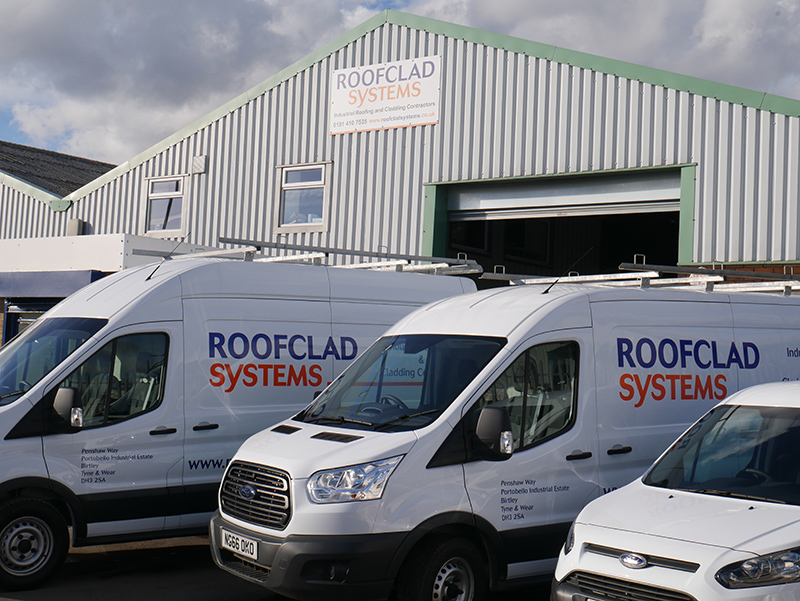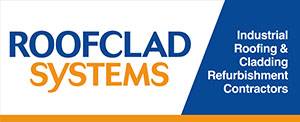
The Importance of Being Environmentally Aware
As a business established in 1978, Roofclad Systems has been a long time specialist in roofing and cladding in the North East of England and has witnessed the evolution of the manufacturing industry across the years. In recent years environmentalism has become a keen issue within the manufacturing industry as more and more companies are moving towards using more sustainable solutions for industrial installations. Industrial processes have come under greater scrutiny and the diverse range of environmental impacts of these processes has been realised. As much as Roofclad hold the welfare of our customers in high regard, we have also been working hard in recent years to make our product more environmentally friendly and therefore reduce our carbon footprint.
What are the environmental impacts of construction?
This is a complex question and in many ways, it can be hard to pinpoint the exact impact of forms of construction of our planet. However, figures suggested by Greenspec the following….
- The construction sector worldwide currently accounts for more than 11% of global GDP (PwC, 2011).
- Construction accounts for around 40% of the total flow of raw materials into the global economy.
- Construction in the UK accounts for around 90% of all non-fuel mineral use.
- The UK’s building stock accounts for 50% of CO2 emissions, construction adds another 7%.
It’s a shocking reality and one that companies such as ours need to take note of!
The environmental harm of roof cladding?
Coated steel cladding provides a cost-effective weathering envelope for buildings. However, it comes with a number of downsides and is therefore now a key contributor to environmental damage in the United Kingdom. Coated steel cladding is used to roof industrial and warehouse units, typically located within out of town retail park units. Despite being perfectly fit for purpose, the materials used to compose this form of roof cladding is made of harmful products including steel which can erode into the atmosphere. Roof cladding is also composed of strong corrosive chemical solutions which cause damage during the industrial production process and after installation. Companies, therefore, have to work hard to develop a more organic mechanism for producing roof cladding materials.
Is roof cladding all bad?
Despite these concerning environmental impacts, there is one benefit to outway these consequences of steel roof cladding- that steel is a highly recyclable material. It is estimated that 85-90% of steel from industrial demolitions go for re-use and 40% of steel used in new constructions is recycled.
How can we make roof cladding GREEN?
Roofclad is fully committed to reducing our carbon footprint and we fully understand the urgency in becoming more environmentally as a manufacturing company. As a consequence of this, Roofclad Systems have implemented a number of techniques in order to improve environmental performance and prevention of pollution. We are sure to follow carefully and in a considered manner environmental laws, regulations and codes of practice and ensure all of our staff are well-informed of such. We believe we have a key responsibility to ensure the well-being of our local community and therefore work hard to provide a clean, safe and environmentally friendly solution for the roofing of local businesses.
If you are looking for a roof cladding provider who is environmentally aware then Roofclad Systems would be more than happy to assist you. Please do not hesitate to contact us today, we look forward to discussing your requirements with you and ensuring that you get the best advice we can offer you.

